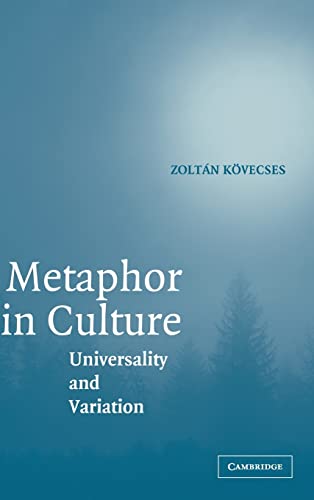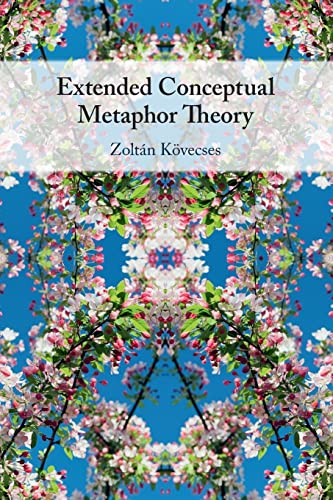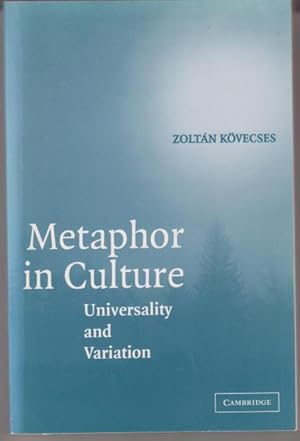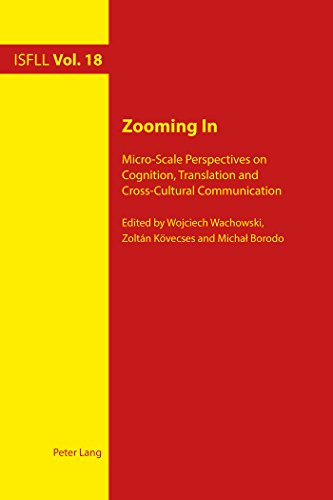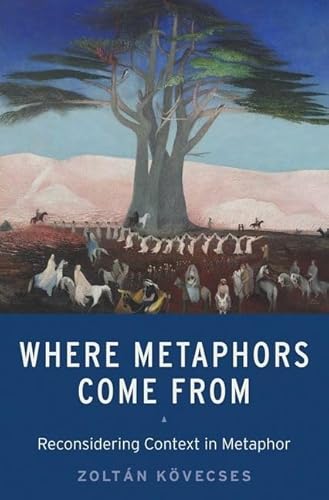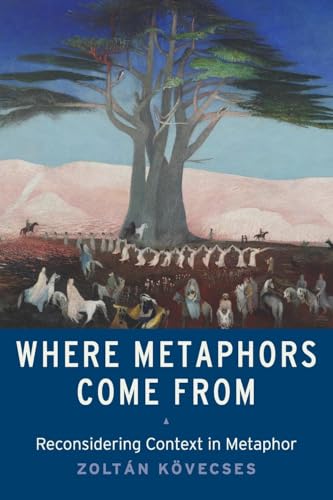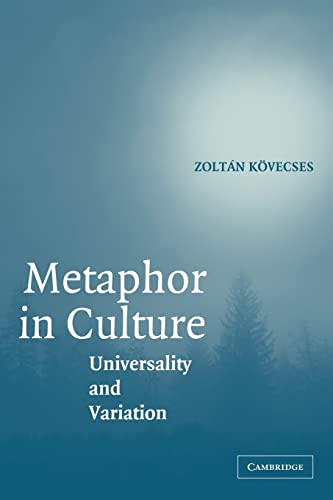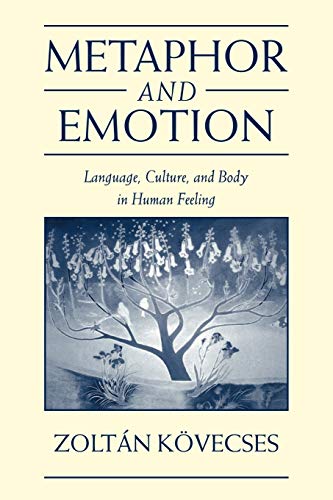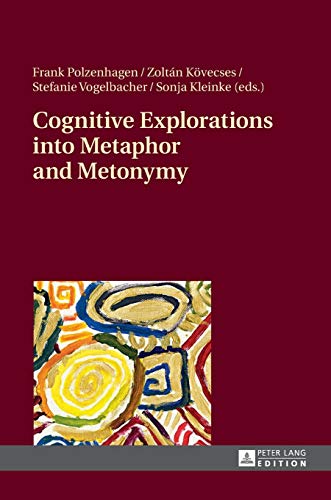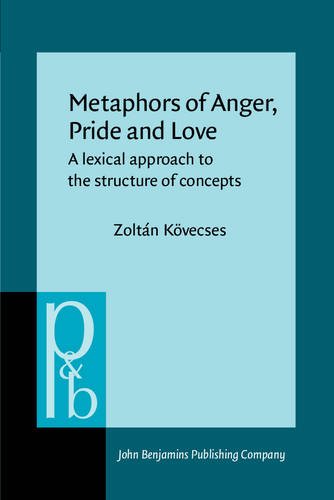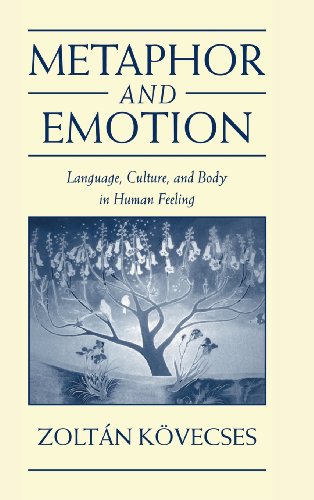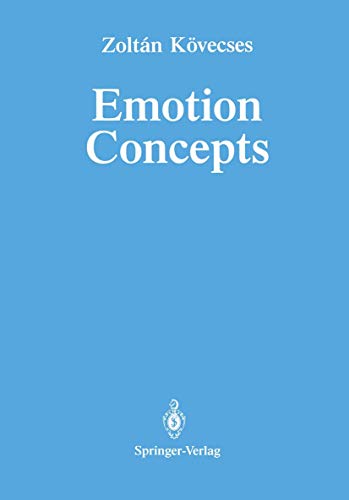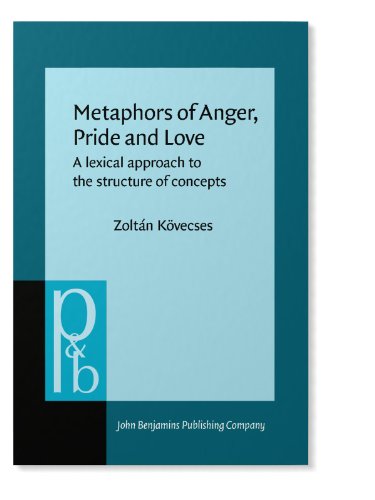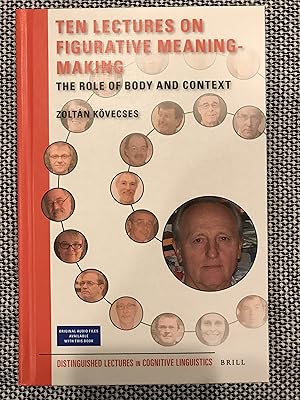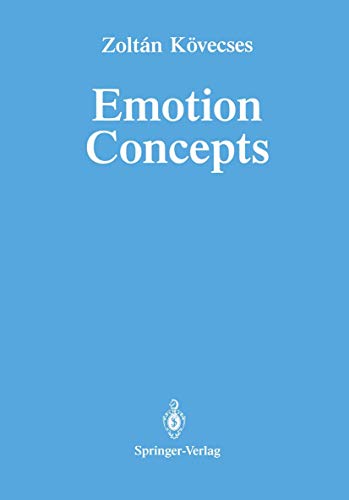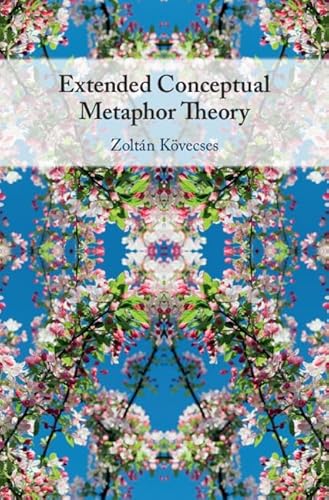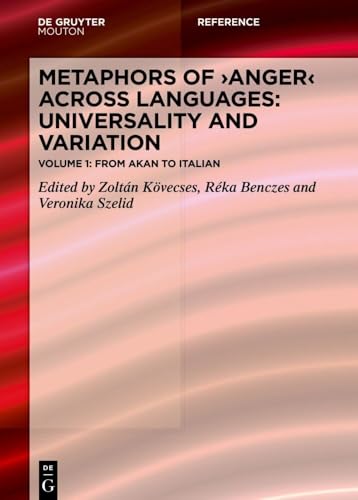zoltan koevecses (148 resultados)
ComentariosFiltros de búsqueda
Tipo de artículo
- Todos los tipos de productos
- Libros (148)
- Revistas y publicaciones (No hay ningún otro resultado que coincida con este filtro.)
- Cómics (No hay ningún otro resultado que coincida con este filtro.)
- Partituras (No hay ningún otro resultado que coincida con este filtro.)
- Arte, grabados y pósters (No hay ningún otro resultado que coincida con este filtro.)
- Fotografías (No hay ningún otro resultado que coincida con este filtro.)
- Mapas (No hay ningún otro resultado que coincida con este filtro.)
- Manuscritos y coleccionismo de papel (No hay ningún otro resultado que coincida con este filtro.)
Condición Más información
- Nuevo (126)
- Como nuevo, Excelente o Muy bueno (13)
- Bueno o Aceptable (6)
- Regular o Pobre (No hay ningún otro resultado que coincida con este filtro.)
- Tal como se indica (3)
Encuadernación
Más atributos
- Primera edición (9)
- Firmado (No hay ningún otro resultado que coincida con este filtro.)
- Sobrecubierta (1)
- Con imágenes (50)
- No impresión bajo demanda (130)
Idioma (2)
Gastos de envío gratis
Ubicación del vendedor
Valoración de los vendedores
-
Metaphor in Culture : Universality and Variation
Publicado por Cambridge University Press, 2005
ISBN 10: 0521844479 ISBN 13: 9780521844475
Idioma: Inglés
Librería: Better World Books, Mishawaka, IN, Estados Unidos de America
EUR 6,62
Convertir monedaEUR 17,50 gastos de envío desde Estados Unidos de America a EspañaCantidad disponible: 1 disponibles
Añadir al carritoCondición: Good. Used book that is in clean, average condition without any missing pages.
Más opciones de compra de otros vendedores en IberLibro
Nuevo desde EUR 132,62
Usado desde EUR 24,12
Encuentre también Tapa dura
-
Extended Conceptual Metaphor Theory
Publicado por Cambridge University Press, 2022
ISBN 10: 1108796621 ISBN 13: 9781108796620
Idioma: Inglés
Librería: Ria Christie Collections, Uxbridge, Reino Unido
EUR 34,70
Convertir monedaEUR 5,19 gastos de envío desde Reino Unido a EspañaCantidad disponible: Más de 20 disponibles
Añadir al carritoCondición: New. In.
Más opciones de compra de otros vendedores en IberLibro
Nuevo desde EUR 39,89
Usado desde EUR 52,41
Encuentre también Tapa blanda
-
Metaphor in Culture. Universality and Variation.
Publicado por Cambridge University Press 2007., 2007
Librería: Rönnells Antikvariat AB, Stockholm, Suecia
EUR 24,36
Convertir monedaEUR 13,00 gastos de envío desde Suecia a EspañaCantidad disponible: 1 disponibles
Añadir al carritoXV, (3), 314 pp. Soft cover. Pencil underlinings and margin annotations in about the first 50 pages, owner signature, else a near fine copy.
-
Zooming In: Micro-Scale Perspectives on Cognition, Translation and Cross-Cultural Communication (Intercultural Studies and Foreign Language Learning)
Publicado por Peter Lang Ltd, International Ac, 2017
ISBN 10: 1787072576 ISBN 13: 9781787072572
Idioma: Inglés
Librería: Books From California, Simi Valley, CA, Estados Unidos de America
EUR 31,04
Convertir monedaEUR 12,38 gastos de envío desde Estados Unidos de America a EspañaCantidad disponible: 1 disponibles
Añadir al carritopaperback. Condición: Very Good.
Más opciones de compra de otros vendedores en IberLibro
Nuevo desde EUR 81,50
Usado desde EUR 43,42
Encuentre también Tapa blanda
-
Language, Mind, and Culture
Publicado por Oxford University Press Inc, US, 2006
ISBN 10: 0195187202 ISBN 13: 9780195187205
Idioma: Inglés
Librería: Rarewaves.com UK, London, Reino Unido
EUR 46,90
Convertir monedaEUR 2,31 gastos de envío desde Reino Unido a EspañaCantidad disponible: Más de 20 disponibles
Añadir al carritoPaperback. Condición: New. This book shows that given the new findings of cognitive linguistics, it is possible to offer a unified account of not only linguistic meaning but also that of meaning in a wide variety of social and cultural phenomena. It is suggested that cognitive linguistics is a much more comprehensive enterprise than is commonly accepted--both inside and outside the field. The book presents a comprehensive account of meaning in many linguistic and cultural phenomena that is crucially based and dependent on cognitive capacities that human understanders and producers of language possess independently of their ability to use language.
Más opciones de compra de otros vendedores en IberLibro
Nuevo desde EUR 49,21
Encuentre también Tapa blanda
-
Where Metaphors Come from: Reconsidering Context in Metaphor
Librería: Cotswolds Rare Books, OXFORDSHIRE, Reino Unido
EUR 35,73
Convertir monedaEUR 14,34 gastos de envío desde Reino Unido a EspañaCantidad disponible: 1 disponibles
Añadir al carritoHardcover. Condición: As New. Estado de la sobrecubierta: As New. As brand new.
Más opciones de compra de otros vendedores en IberLibro
Nuevo desde EUR 117,31
Usado desde EUR 50,07
Encuentre también Tapa dura
-
Where Metaphors Come From: Reconsidering Context in Metaphor
Publicado por Oxford University Press, 2016
ISBN 10: 0190656719 ISBN 13: 9780190656713
Idioma: Inglés
Librería: Ria Christie Collections, Uxbridge, Reino Unido
EUR 45,12
Convertir monedaEUR 5,19 gastos de envío desde Reino Unido a EspañaCantidad disponible: Más de 20 disponibles
Añadir al carritoCondición: New. In.
Más opciones de compra de otros vendedores en IberLibro
Nuevo desde EUR 50,31
Usado desde EUR 56,84
Encuentre también Tapa blanda
-
Metaphor in Culture: Universality and Variation
Publicado por Cambridge University Press, 2006
ISBN 10: 0521696127 ISBN 13: 9780521696128
Idioma: Inglés
Librería: Ria Christie Collections, Uxbridge, Reino Unido
EUR 46,91
Convertir monedaEUR 5,19 gastos de envío desde Reino Unido a EspañaCantidad disponible: Más de 20 disponibles
Añadir al carritoCondición: New. In.
Más opciones de compra de otros vendedores en IberLibro
Nuevo desde EUR 52,10
Encuentre también Tapa blanda
-
Metaphor and Emotion: Language, Culture, and Body in Human Feeling (Studies in Emotion and Social Interaction)
Publicado por Cambridge University Press, 2003
ISBN 10: 0521541468 ISBN 13: 9780521541466
Idioma: Inglés
Librería: Ria Christie Collections, Uxbridge, Reino Unido
EUR 53,76
Convertir monedaEUR 5,19 gastos de envío desde Reino Unido a EspañaCantidad disponible: Más de 20 disponibles
Añadir al carritoCondición: New. In.
Más opciones de compra de otros vendedores en IberLibro
Nuevo desde EUR 58,95
Usado desde EUR 131,34
Encuentre también Tapa blanda Original o primera edición
-
Magyar szlengsz�t�r
Publicado por Akad�miai Kiad�, 2009
ISBN 10: 9630586967 ISBN 13: 9789630586962
Librería: Wonder Book, Frederick, MD, Estados Unidos de America
EUR 39,90
Convertir monedaEUR 21,34 gastos de envío desde Estados Unidos de America a EspañaCantidad disponible: 1 disponibles
Añadir al carritoCondición: As New. Like New condition. Hungarian. A near perfect copy that may have very minor cosmetic defects.
-
Cognitive Explorations into Metaphor and Metonymy
Librería: PBShop.store UK, Fairford, GLOS, Reino Unido
EUR 72,13
Convertir monedaEUR 4,28 gastos de envío desde Reino Unido a EspañaCantidad disponible: 15 disponibles
Añadir al carritoHRD. Condición: New. New Book. Shipped from UK. Established seller since 2000.
Más opciones de compra de otros vendedores en IberLibro
Nuevo desde EUR 76,41
Usado desde EUR 93,33
Encuentre también Tapa dura
-
Metaphors of Anger, Pride and Love. A lexical approach to the structure of concepts.
Librería: Revaluation Books, Exeter, Reino Unido
EUR 67,89
Convertir monedaEUR 11,56 gastos de envío desde Reino Unido a EspañaCantidad disponible: 1 disponibles
Añadir al carritoPaperback. Condición: Brand New. 154 pages. In Stock.
-
Metaphor and Emotion : Language, Culture, and the Body in Human Feeling
Publicado por Cambridge University Press, 2000
ISBN 10: 0521641632 ISBN 13: 9780521641630
Idioma: Inglés
Librería: Better World Books, Mishawaka, IN, Estados Unidos de America
Original o primera edición
EUR 63,27
Convertir monedaEUR 17,16 gastos de envío desde Estados Unidos de America a EspañaCantidad disponible: 1 disponibles
Añadir al carritoCondición: Very Good. 1st Edition. Former library book; may include library markings. Used book that is in excellent condition. May show signs of wear or have minor defects.
Más opciones de compra de otros vendedores en IberLibro
Nuevo desde EUR 99,18
Usado desde EUR 80,43
Encuentre también Tapa dura Tapa blanda Original o primera edición
-
Emotion Concepts
Publicado por Springer Verlag, New York, 1990
ISBN 10: 0387971157 ISBN 13: 9780387971155
Idioma: Inglés
Librería: Smith Family Bookstore Downtown, Eugene, OR, Estados Unidos de America
EUR 26,37
Convertir monedaEUR 66,58 gastos de envío desde Estados Unidos de America a EspañaCantidad disponible: 1 disponibles
Añadir al carritoHardcover. Condición: Good. Text has a very small amount of highlights and pencil marks. Binding tight. Boards have light wear along edges and wear at corners. Corners of front board are worn to boards. Edges of pages have light wear.
-
Metaphors of Anger, Pride and Love: A lexical approach to the structure of concepts (Pragmatics Beyond)
Publicado por John Benjamins Publishing Company, 1986
ISBN 10: 1556190093 ISBN 13: 9781556190094
Idioma: Inglés
Librería: thebookforest.com, San Rafael, CA, Estados Unidos de America
EUR 52,74
Convertir monedaEUR 42,68 gastos de envío desde Estados Unidos de America a EspañaCantidad disponible: 1 disponibles
Añadir al carritoCondición: New. Well packaged and promptly shipped from California. Partnered with Friends of the Library since 2010.
-
Ten Lectures on Figurative Meaning-Making
Librería: Rosario Beach Rare Books, Lake Stevens, WA, Estados Unidos de America
EUR 86,82
Convertir monedaEUR 18,91 gastos de envío desde Estados Unidos de America a EspañaCantidad disponible: 1 disponibles
Añadir al carritoHardcover. Condición: Fine.
Más opciones de compra de otros vendedores en IberLibro
Nuevo desde EUR 130,94
Usado desde EUR 105,73
Encuentre también Tapa dura
-
EUR 103,89
Convertir monedaEUR 5,19 gastos de envío desde Reino Unido a EspañaCantidad disponible: Más de 20 disponibles
Añadir al carritoCondición: New. In.
Más opciones de compra de otros vendedores en IberLibro
Nuevo desde EUR 102,99
Encuentre también Tapa blanda
-
Extended Conceptual Metaphor Theory
Publicado por Cambridge University Press, 2020
ISBN 10: 1108490875 ISBN 13: 9781108490870
Idioma: Inglés
Librería: California Books, Miami, FL, Estados Unidos de America
EUR 136,27
Convertir monedaEUR 6,83 gastos de envío desde Estados Unidos de America a EspañaCantidad disponible: Más de 20 disponibles
Añadir al carritoCondición: New.
Más opciones de compra de otros vendedores en IberLibro
Nuevo desde EUR 143,10
Encuentre también Tapa dura
-
Metaphors of ANGER across Languages: Universality and Variation (Hardcover)
Librería: AussieBookSeller, Truganina, VIC, Australia
EUR 172,93
Convertir monedaEUR 31,58 gastos de envío desde Australia a EspañaCantidad disponible: 1 disponibles
Añadir al carritoHardcover. Condición: new. Hardcover. Anger is one of the basic emotions of human emotional experience, informing and guiding many of our choices and actions. Although it has received considerable scholarly attention in a number of disciplines, including linguistics, a basic question has still remained unresolved: why do variations in the folk model of anger exist across languages if it is indeed a basic emotion rooted in largely universal bodily experience? By drawing on a wide selection of comparable linguistic data from dozens of languages (including a number of less-researched languages), this volume provides the most comprehensive account of what is universal and what is variable in the folk model of anger and why. It also investigates the role that metonymies might play in the emergence of anger-related metaphors and in what ways context influences or shapes anger metaphors and thereby the resulting folk model of anger. No such volume exists in the (cognitive) linguistic literature on anger or on emotions for that matter. The book is thus an essential contribution to the study of anger and will serve as basic reading for any researcher interested in how the conceptualization of anger is constructed via the interplay of bodily experience, language and the larger cultural context. Anger is a basic emotion rooted in largely universal bodily experience, yet its conceptualization is by no means universal, languages can differ in how it is metaphorically understood. Drawing on a wide selection of comparable linguistic data from d Shipping may be from our Sydney, NSW warehouse or from our UK or US warehouse, depending on stock availability.
Más opciones de compra de otros vendedores en IberLibro
Nuevo desde EUR 204,51
Usado desde EUR 248,18
Encuentre también Tapa dura Original o primera edición
-
Metaphors of ANGER across Languages: Universality and Variation (Hardcover)
Librería: AussieBookSeller, Truganina, VIC, Australia
EUR 214,97
Convertir monedaEUR 31,58 gastos de envío desde Australia a EspañaCantidad disponible: 1 disponibles
Añadir al carritoHardcover. Condición: new. Hardcover. Anger is one of the basic emotions of human emotional experience, informing and guiding many of our choices and actions. Although it has received considerable scholarly attention in a number of disciplines, including linguistics, a basic question has still remained unresolved: why do variations in the folk model of anger exist across languages if it is indeed a basic emotion rooted in largely universal bodily experience? By drawing on a wide selection of comparable linguistic data from dozens of languages (including a number of less-researched languages), this volume provides the most comprehensive account of what is universal and what is variable in the folk model of anger and why. It also investigates the role that metonymies might play in the emergence of anger-related metaphors and in what ways context influences or shapes anger metaphors and thereby the resulting folk model of anger. No such volume exists in the (cognitive) linguistic literature on anger or on emotions for that matter. The book is thus an essential contribution to the study of anger and will serve as basic reading for any researcher interested in how the conceptualization of anger is constructed via the interplay of bodily experience, language and the larger cultural context. Anger is a basic emotion rooted in largely universal bodily experience, yet its conceptualization is by no means universal, languages can differ in how it is metaphorically understood. Drawing on a wide selection of comparable linguistic data from d Shipping may be from our Sydney, NSW warehouse or from our UK or US warehouse, depending on stock availability.
Más opciones de compra de otros vendedores en IberLibro
Nuevo desde EUR 246,55
Usado desde EUR 248,18
Encuentre también Tapa dura Original o primera edición


